Sleep’s Role in Recovery: How Quality Rest Enhances Athletic Performance and Overall Health
**Sleep’s Role in Recovery: How Quality Rest Enhances Athletic Performance and Overall Health**
In a world that glorifies hustle and constant activity, sleep often takes a backseat in our daily routines. Yet, as athletes and health enthusiasts know, quality rest is not just a luxury; it’s a necessity. The relationship between sleep and recovery is profound and multifaceted, impacting not only athletic performance but overall health and well-being. In this blog post, we’ll explore how sleep enhances recovery, the benefits it offers, nutrition and exercise tips to enhance sleep quality, and how prioritizing sleep can lead to a more fulfilling and healthier life.
### The Importance of Sleep in Recovery
Sleep is the body’s natural way of restoring itself. During deep sleep stages, particularly REM (rapid eye movement) sleep, the body undergoes various repair processes. Muscle tissues are rebuilt, energy stores are replenished, and hormones essential for growth and recovery, such as human growth hormone (HGH), are released. For athletes, this means that adequate sleep can significantly enhance muscle recovery, enabling them to train harder and more effectively.
Additionally, sleep plays a crucial role in cognitive function. During sleep, the brain processes and consolidates memories, which is essential for learning new skills and strategies in sports. Athletes who are well-rested are more likely to perform at their peak, showing improved reaction times, coordination, and decision-making abilities.
### Health Benefits of Quality Sleep
The benefits of sleep extend beyond athletic performance. Quality sleep is linked to a myriad of health advantages, including:
1. **Improved Immune Function**: Adequate sleep boosts the immune system, helping the body ward off illnesses and infections.
2. **Enhanced Mood and Mental Health**: Sleep directly influences mood regulation. Insufficient sleep can lead to irritability, anxiety, and depression.
3. **Better Weight Management**: Sleep affects hormones that regulate appetite, such as ghrelin and leptin. Poor sleep can lead to increased hunger and cravings, making it harder to maintain a healthy weight.
4. **Cardiovascular Health**: Consistent, quality sleep supports heart health by regulating blood pressure and reducing inflammation in the body.
5. **Longer Lifespan**: Studies have shown that individuals who prioritize sleep often have lower mortality rates than those who do not.
### Nutrition Tips for Better Sleep
Nutrition plays a vital role in promoting quality sleep. Here are some dietary strategies to enhance your sleep:
1. **Incorporate Sleep-Inducing Foods**: Foods rich in tryptophan, such as turkey, nuts, seeds, and dairy, can help increase melatonin production, which promotes sleep.
2. **Limit Caffeine and Alcohol**: Both substances can interfere with sleep quality. It’s advisable to avoid caffeine in the afternoon and limit alcohol intake before bedtime.
3. **Balance Your Carbohydrate Intake**: Consuming a balanced amount of complex carbohydrates, like whole grains, can stimulate insulin production, which helps tryptophan enter the brain more effectively.
4. **Stay Hydrated, but Not Too Much**: While hydration is essential, it’s best to limit liquid intake in the hours leading up to bedtime to reduce nighttime awakenings.
5. **Consider Herbal Teas**: Herbal teas, such as chamomile or valerian root, can promote relaxation and improve sleep quality.
### Exercise Advice for Better Sleep
While exercise is crucial for overall health, the timing and type can influence sleep quality. Here are some exercise tips:
1. **Aim for Regular Physical Activity**: Engaging in moderate exercise for at least 30 minutes most days of the week can help regulate sleep patterns.
2. **Timing Matters**: While some individuals may benefit from evening workouts, others may find that exercising too close to bedtime can interfere with their ability to fall asleep. Experiment with timing to find what works best for you.
3. **Incorporate Relaxation Techniques**
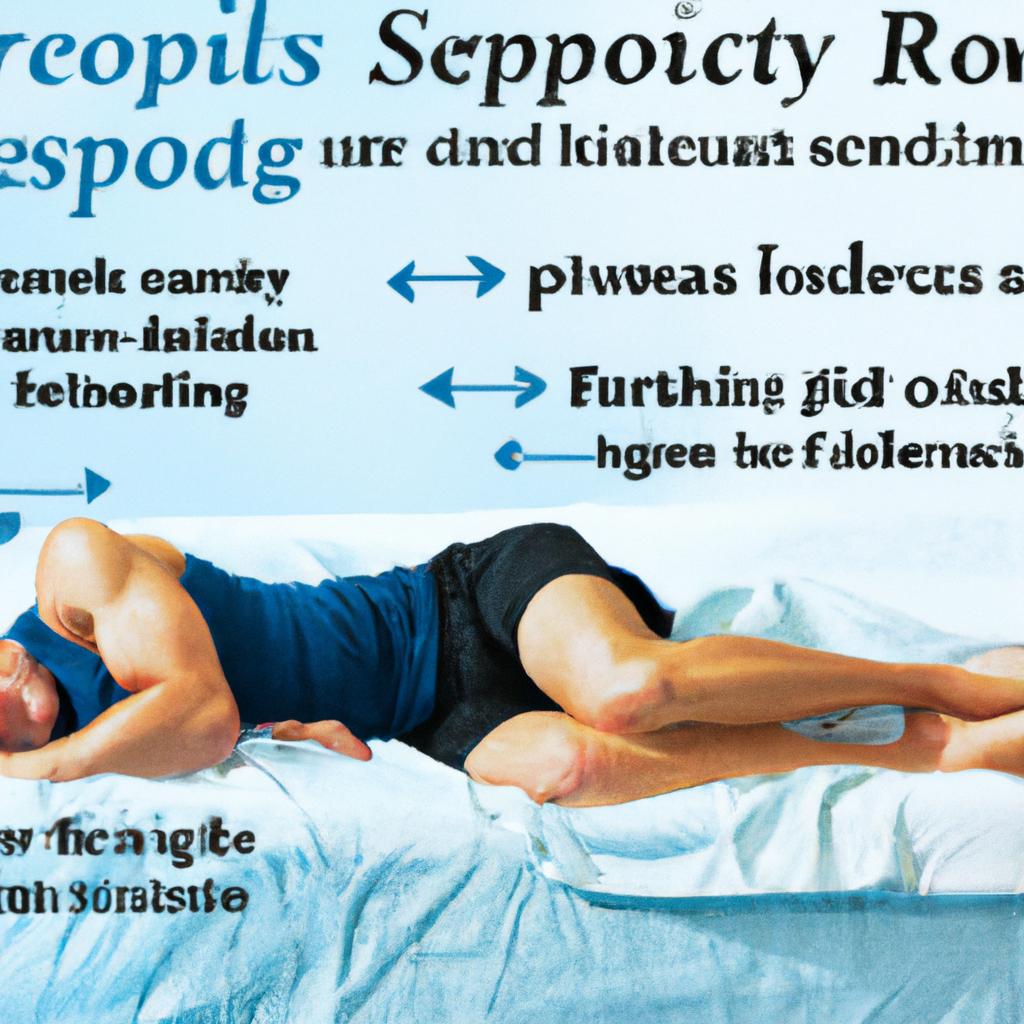

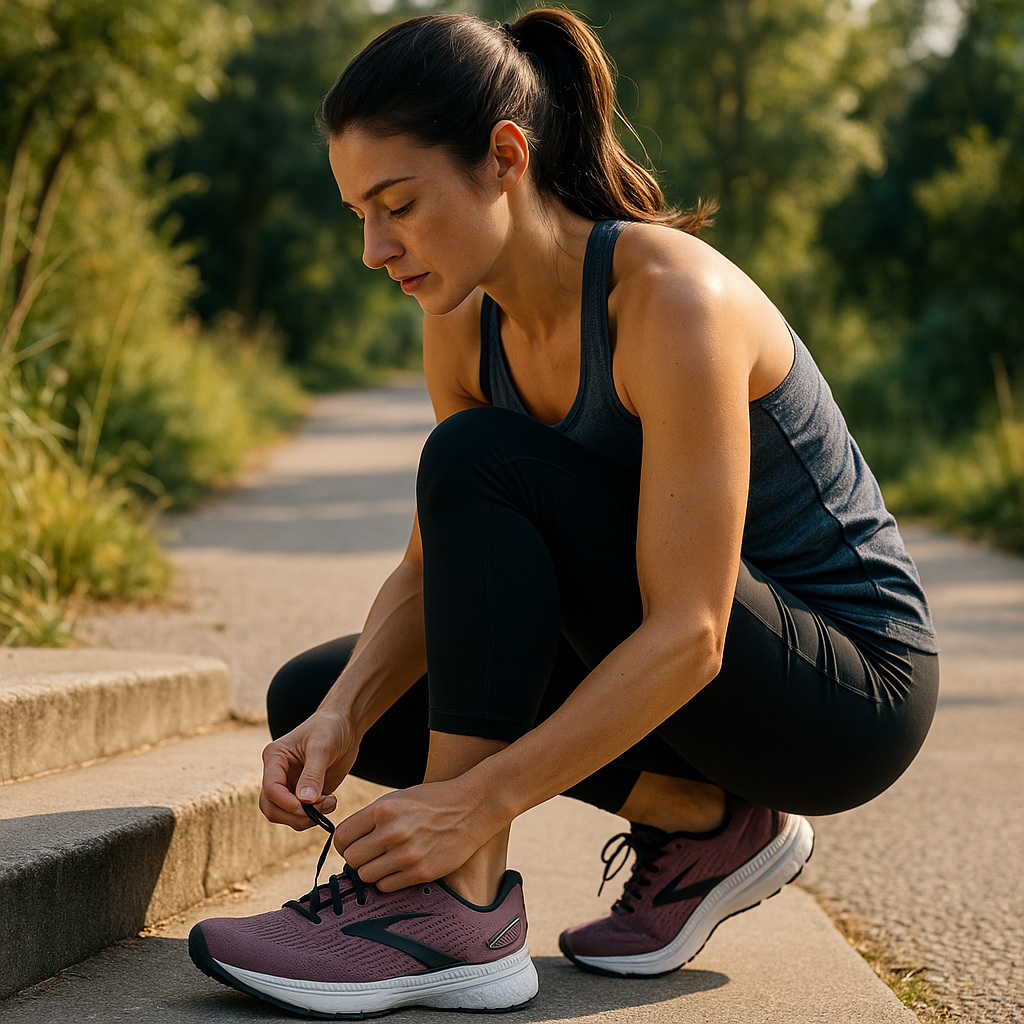
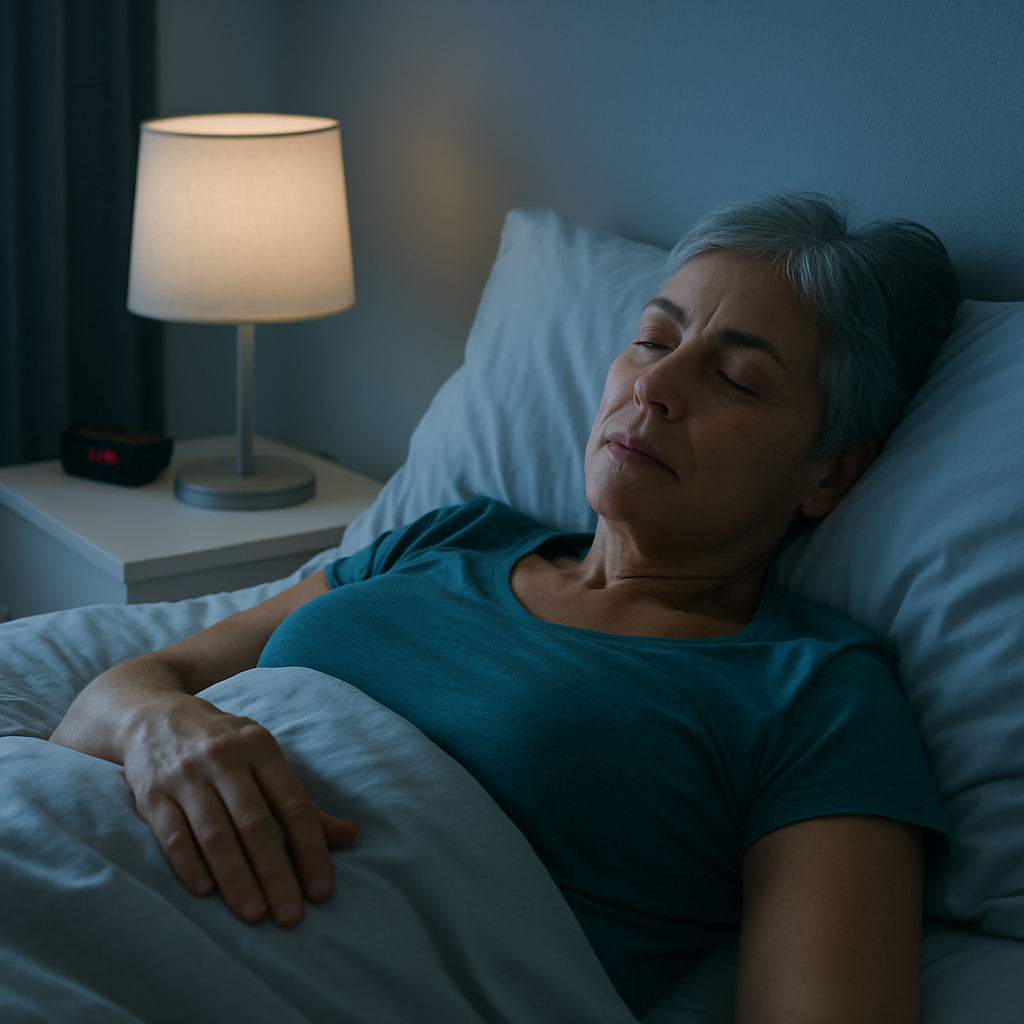
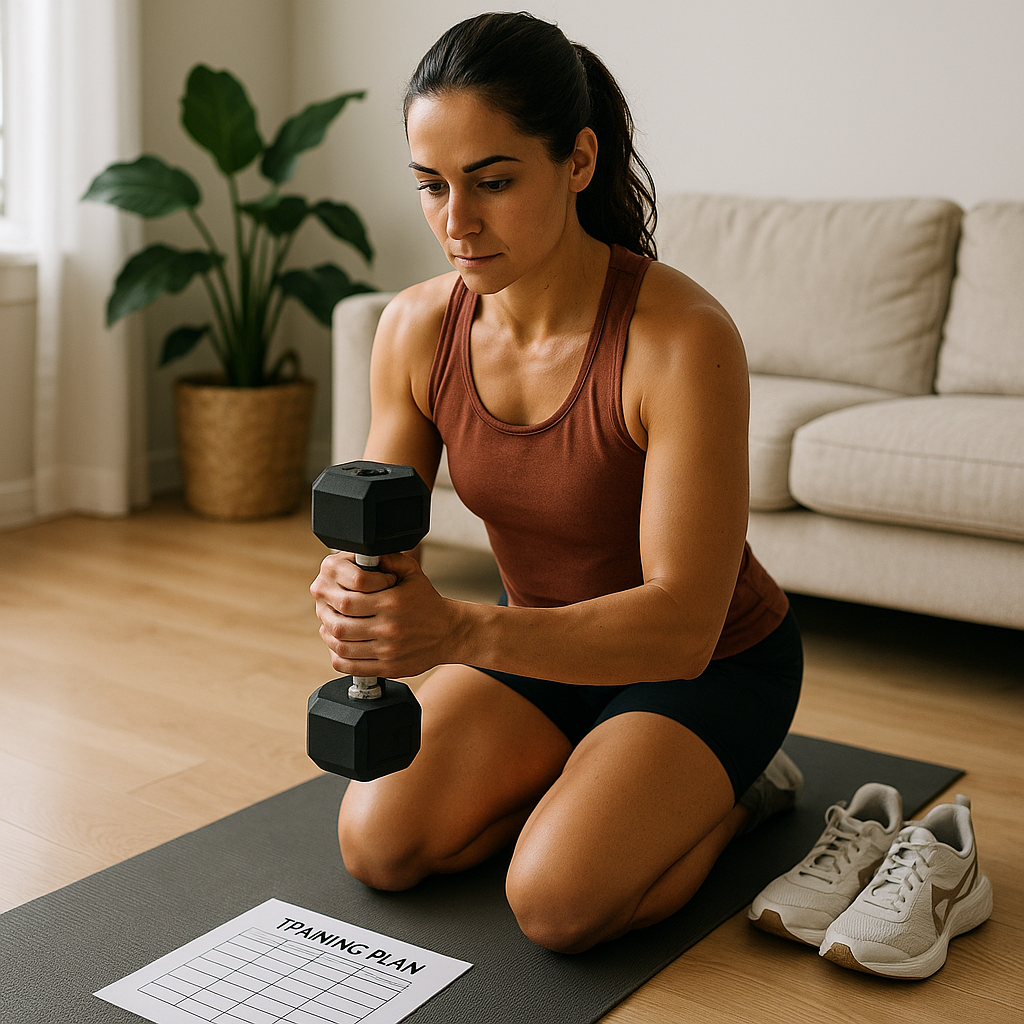
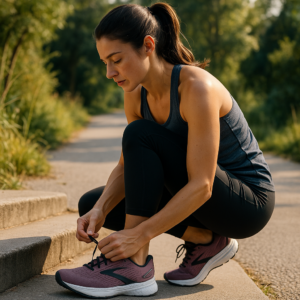
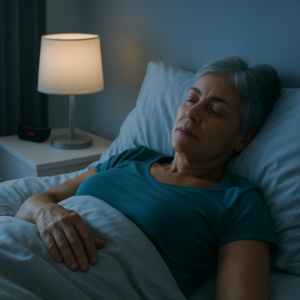
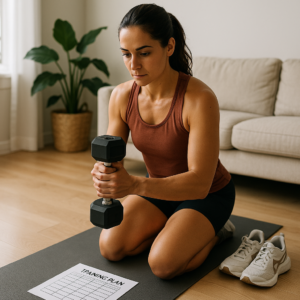

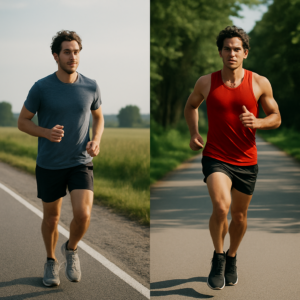
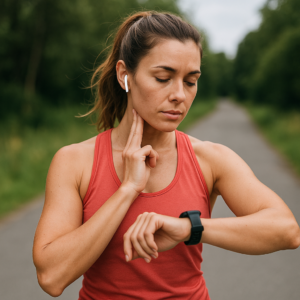
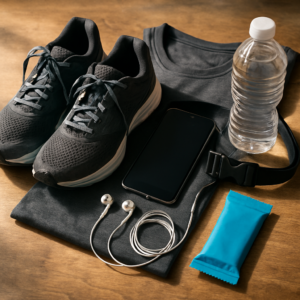
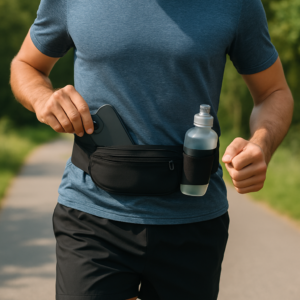
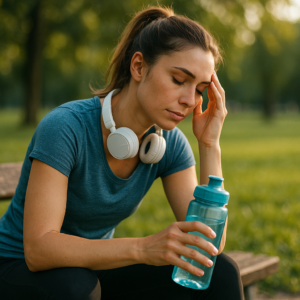

Post Comment